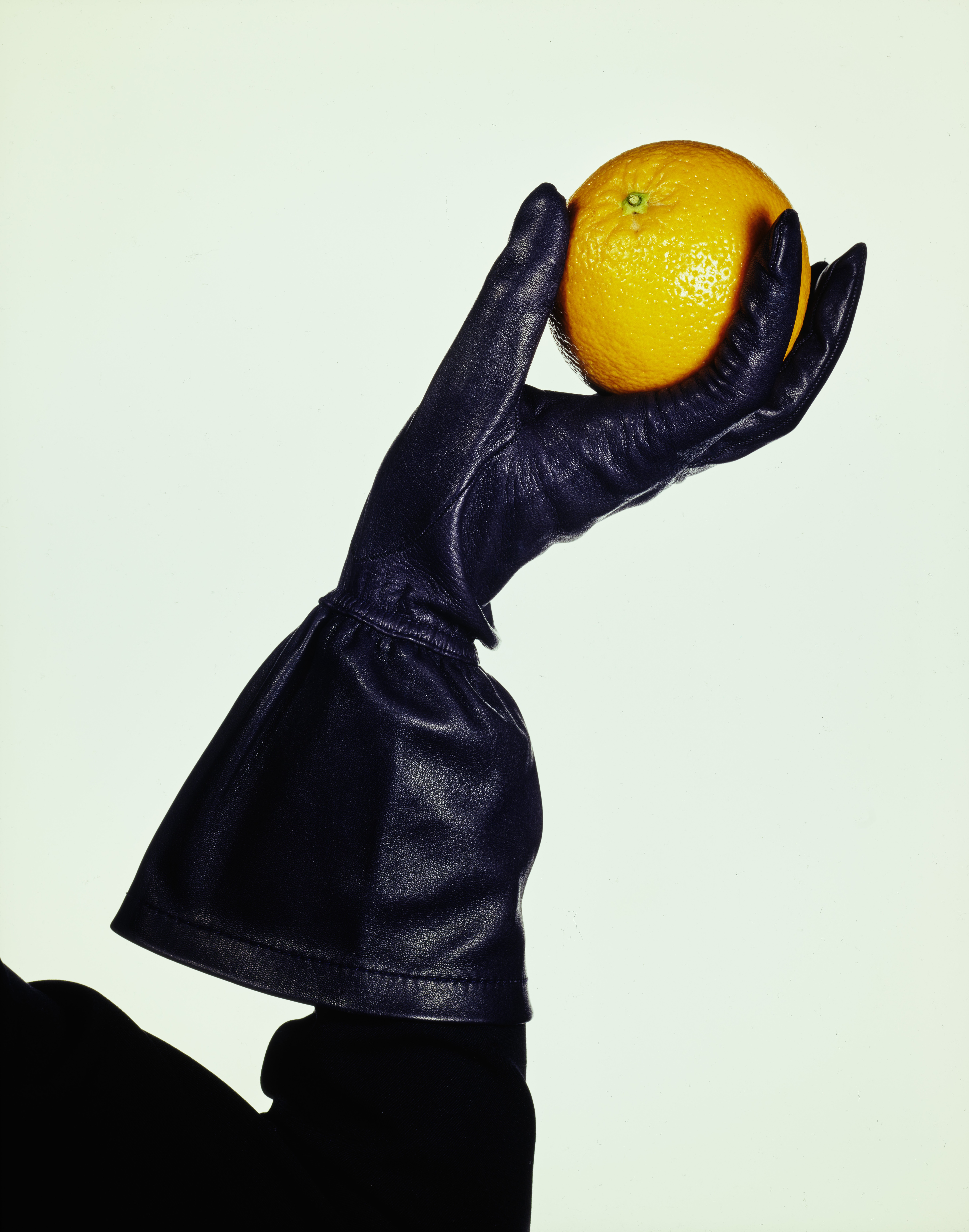Women aged 19 to 49 require 6.1 mg more iron per day than men of the same age, as stated by the NHS. To boost iron levels, combining it with vitamin C is beneficial. Nutritionist Rhian Stephenson emphasizes the importance of monitoring iron and vitamin C levels, providing insights on the impact of iron deficiency and ways to increase intake. Iron deficiency can result from various factors like inadequate dietary intake, malabsorption, or blood loss, especially during menstruation. Symptoms of iron deficiency include fatigue, headaches, and weakened immunity. Addressing iron deficiency promptly is crucial to prevent long-term health complications.
Stephenson highlights the significance of consuming heme iron from animal-based foods and non-heme iron from plant-based sources. Pairing iron with vitamin C enhances absorption, aiding in building up iron stores in the body. While getting vitamin C from food is ideal, supplements can be beneficial to correct deficiencies. Stephenson recommends iron bis-glycinate with vitamin C and acidophilus for better absorption. Consulting a doctor is essential if an iron deficiency is suspected, as excess iron cannot be expelled from the body. Iron supplementation should be approached cautiously, emphasizing the importance of a balanced diet and mindful intake of this essential mineral.
